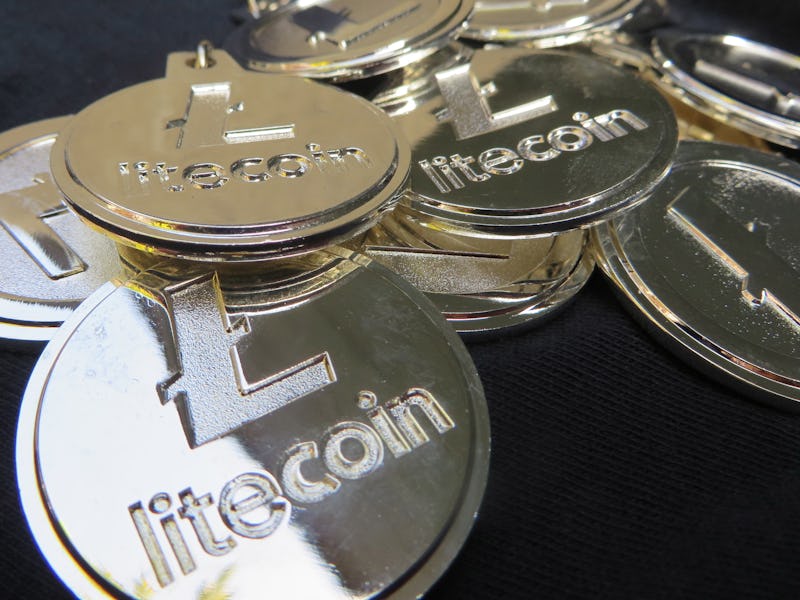What You Need to Know About Litecoin Cash, the Upcoming Hard Fork
Another split in the community.

Litecoin Cash is coming. The “hard fork” for the fifth-largest cryptocurrency on the market — and one of only four tokens offered by popular exchange Coinbase — is set to bring faster theoretical transfer speeds and changes to the way new tokens are made. However, Litecoin’s creator has dismissed the project as a scam.
A “hard fork” is when a project creates a new cryptocurrency by splitting away from an old one, perhaps because they have a better solution to the first one’s technical issues or because they have a stronger use case in mind. Bitcoin Cash is a famous example, which split from bitcoin in August 2017 to increase the block size in a bid to speed up transactions.
In the case of Litecoin Cash, the goal is to fine-tune some of the issues around Litecoin. It uses the SHA-256 algorithm for the “mining” process that creates new tokens, unlike Litecoin that uses Scrypt. That means miners can use the application-specific integrated circuit boards they used for bitcoin with the new cryptocurrency. Its target block time of 2.5 minutes is four times faster than bitcoin, while the team claims transactions will be 90 percent cheaper than Litecoin. The token’s main goal is to allow miners with hardware designed for SHA-256 to put their components to good use.
The split will occur at block 1371111, which the team estimates will occur Sunday evening. Existing Litecoin owners will receive 10 “Litecoin Cash” tokens as part of the fork.
However, unlike some newer cryptocurrencies that use proof-of-stake, Litecoin Cash will use proof-of-work to mine new tokens. While this has been praised as a secure and fair way of creating new tokens on the network, its use in Bitcoin and other major projects has led to sharp criticism due to its high energy usage. Bitcoin’s annual energy consumption has been estimated as equivalent to the whole of Serbia.
The Litecoin community has been scathing over this attempt to piggyback off the project’s success. Charlie Lee, creator of the cryptocurrency that sold his tokens last year, took to Twitter to lambast the naming decision.
The team claims it’s merely following conventions by naming it Litecoin Cash:
We’re using the Litecoin Cash name simply because it has become customary in recent months for a coin which forks a blockchain to prefix its name with the name of the coin being forked. This practice has become a widely understood convention. We’re not associated or affiliated with Charlie Lee or any of the Litecoin team in any way; we are big fans though.
Whatever the reasoning, it’s seemed to have made a fair few people richer: Litecoin jumped to a one-month high of $218 in the wake of the news, up from its low at the start of the month of $105.
If you liked this article, check out this video about Litecoin’s creator, a meme-loving Internet Dad.